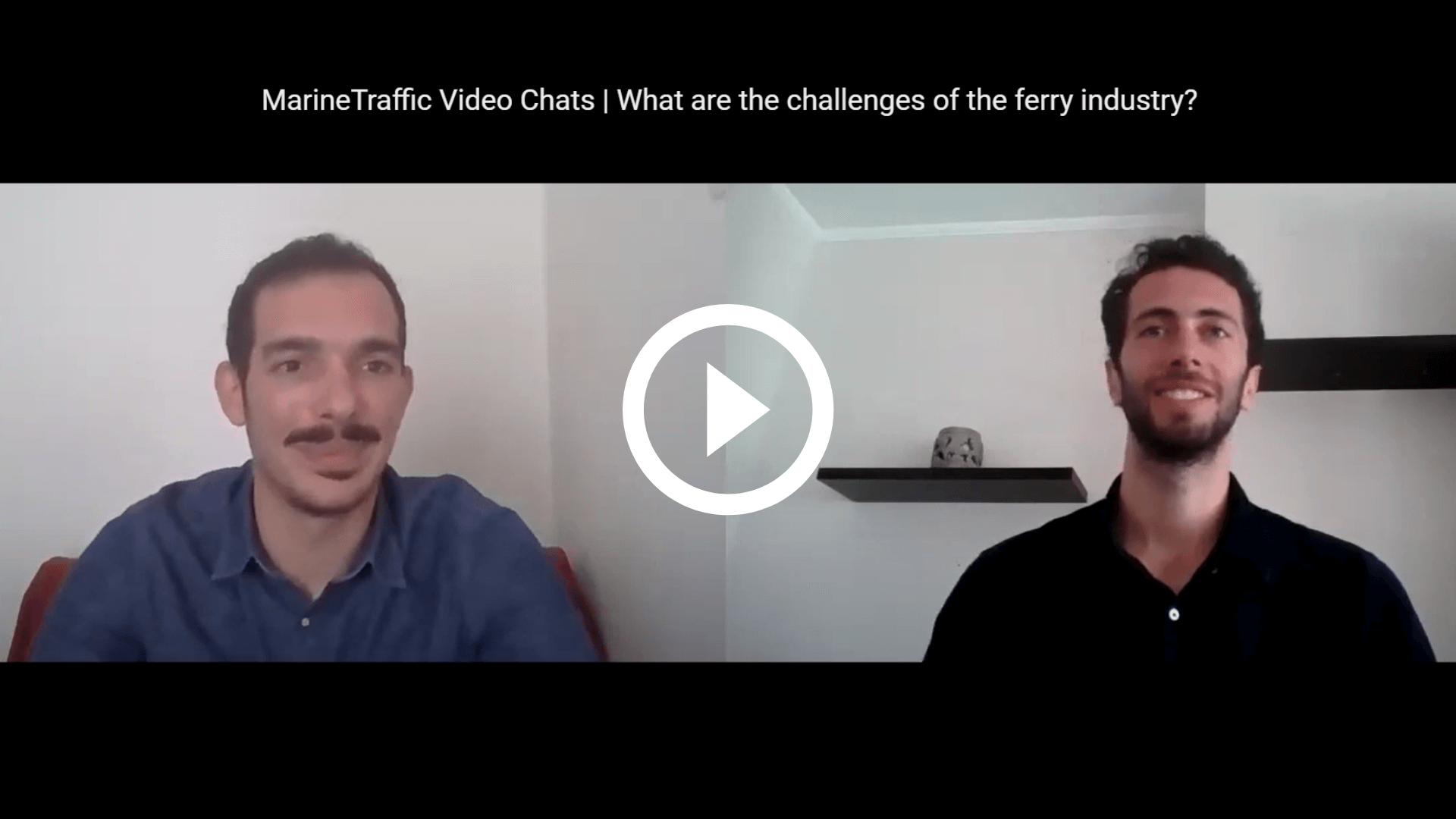The beginning of spring usually marks the commencement of the sailing season. But this year, things are different. The tourism industry is facing a slowdown for the past few months due to the coronavirus outbreak and the measures taken to tackle its spread around the world.
The impact of Covid-19 on tourism is already proving a headache for the ferry industry in Europe, with “up to two-thirds of ferry routes in the Mediterranean being canceled”, according to George Farhat, co-founder of NISEA.
In this episode of our virtual video chats, George Farhat sat down with our Customer Success Manager, Stefanos Barolo to discuss in detail this challenge along with what lies ahead for the stakeholders of the industry, consumers and operators.
About NISEA
NISEA is a user-friendly mobile application for the ferry passenger market built by a team of talented engineers.
“We couldn’t find a real complete user-friendly provider and at the same time, the industry was lacking a lot of features that other travel markets offer, so we decided to build NISEA”.
“NISEA is an extremely user-friendly and free mobile ferry booking application but comes with an in-built live tracking system which provides the user with information on their trip; whether it’s canceled or delayed, notifications on estimated times of arrivals and a lot more useful features”, George added.
When asked about the current status of the ferry industry, George highlighted the massive decrease in sales and traffic in the passenger area. The traffic over the Mediterranean has seen a severe drop from 350 routes per day to 90 – 100 routes on average now. The reduction in passengers and routes results in more operating costs and time needed to recover from this situation.
During the virtual discussion, George also explained what is happening now with the ticket cancellation policies and how the market is affected by them and shared his insights on how the travel industry is expected to be shaped post coronavirus.
Watch the full interview in the video below:

